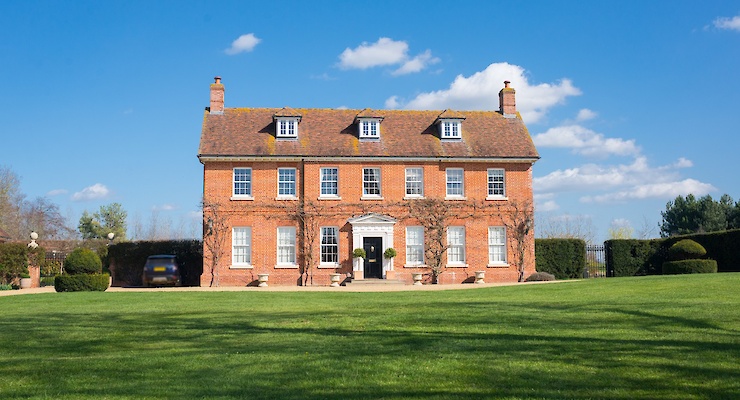


Head of Content

Mortgage Advisor & Director
Mortgages in Monaco

Monaco is associated with wealth and luxury, for good reason. The world-famous Monte Carlo casino sits within a “Golden Triangle” - a square mile of opulent hotels and architecture, attracting visitors from all over the globe. Its tax laws attract the world’s upper classes, presenting fantastic investment opportunities in a picturesque setting. You can acquire residency in Monaco by buying property, allowing you to take advantage of one of Europe’s most popular tax havens, as well as excellent schools and nightlife. Many people choose Monaco for investment properties, as the rental market in Monaco is very strong.
Can anyone buy in Monaco?
Yes, you do not need to be a resident or citizen of Monaco to purchase property.
What mortgages are available in Monaco?
Mortgages in Monaco are similar to the French mortgage system. The overall price of property is the biggest difference, with properties easily exceeding over €50,000 per square metre.
You’ll be expected to provide either a large deposit, or Assets Under Management (AUM) as collateral for the purchase, typically between 20-50% of the value of the property. This can be a barrier to entry for some buyers. With these assets as collateral, you could find a mortgage up to 85% LTV. The greater the collateral you offer for the loan, the lower the interest rates you will be offered. €1 million of assets as collateral could allow you to purchase a €5 million property.
If you pay a “normal” deposit rather than providing assets as collateral, you may only be offered a mortgage up to 60% LTV.
Mortgage terms are generally set for five years, then extended for another five years as required, up to 30 years.
You can also find interest-only mortgages, although only on a fairly short term basis, with terms up to seven years. Other mortgage products like fixed rates, tracker and variable rate mortgages are also available.
What fees can I expect to pay when buying in Monaco?
Both buyers and vendors can expect to pay estate agent fees as part of a sale. Buyers should budget for 3% of the purchase price, and vendors should allow a fee of 5% of the price.
Buyers should also allow an additional 6% of the price of the property towards notary fees, stamp duty and registration.
What are the main tax differences that apply when buying property in Monaco?
Monaco residents do not have to pay any property or capital gains tax when buying or selling property. There is also no inheritance tax for immediate relatives, which makes property an even more attractive proposition for many.
However, if you maintain your UK residency, you will be subject to UK tax regulations regarding property and income tax on rental income.
What else do I need to know about buying property in Monaco?
Not all lenders will carry out their own valuation. If they do, they may not share their findings with you. It’s therefore highly recommended to instruct your own survey to be carried out to identify any issues like damp, subsidence or faulty electrical work.
At the start of the buying process you will have to sign an “intent to sell” contract - a Compromis de Vente. You will also have to pay between 5% and 10% of the value of the property to confirm this intention - if you back out of the sale, this payment is not refunded (unless it’s due to your mortgage application being declined).
Most mortgages are negotiable in Monaco, and the deal you are offered will depend on the collateral you are able to put forward. With such high property prices there is a lot at stake; a $1 million home could buy you just 15 square metres - the typical size of a single room in a UK home. A broker will be able to negotiate with lenders on your behalf to find the best options for you. Personal connections and trust can mean a lot when negotiating the best deal.
Choosing an Adviser
Selecting a qualified and experienced mortgage adviser is of great importance. To choose a suitable adviser, evaluate their qualifications, experience, and reputation, and ensure they are regulated by the Financial Conduct Authority (FCA).
Read reviews from previous clients and make sure they provide a clear explanation of the products and services they offer, as well as the fees and charges associated with them.















































































































































